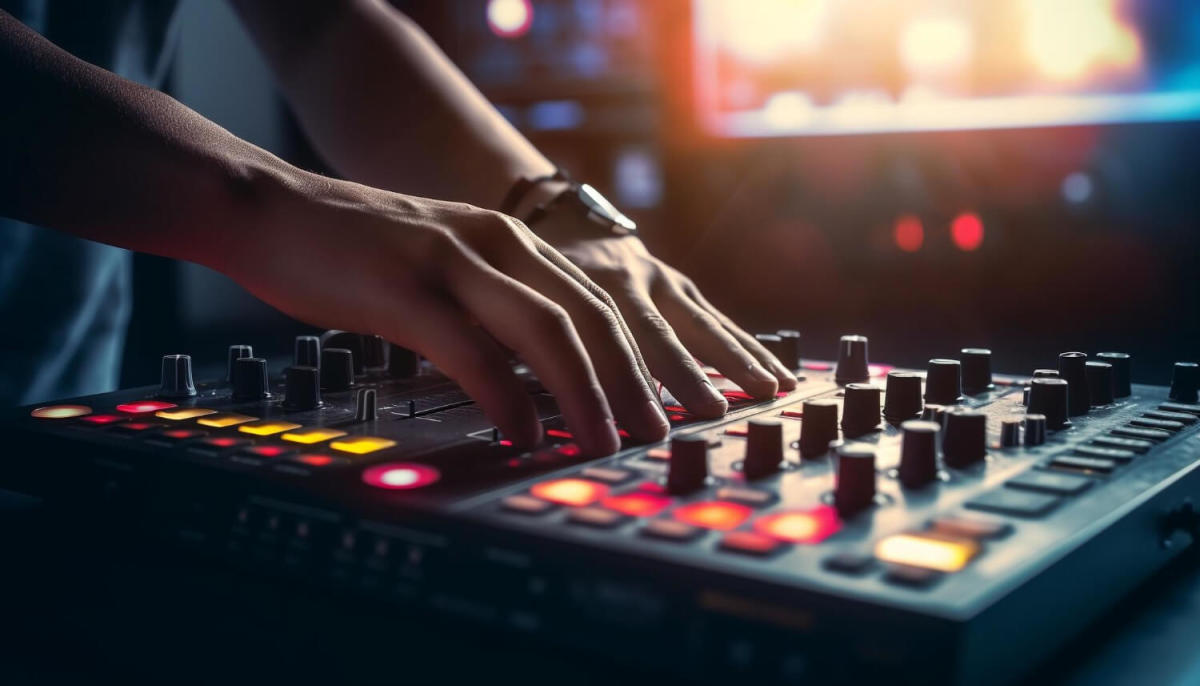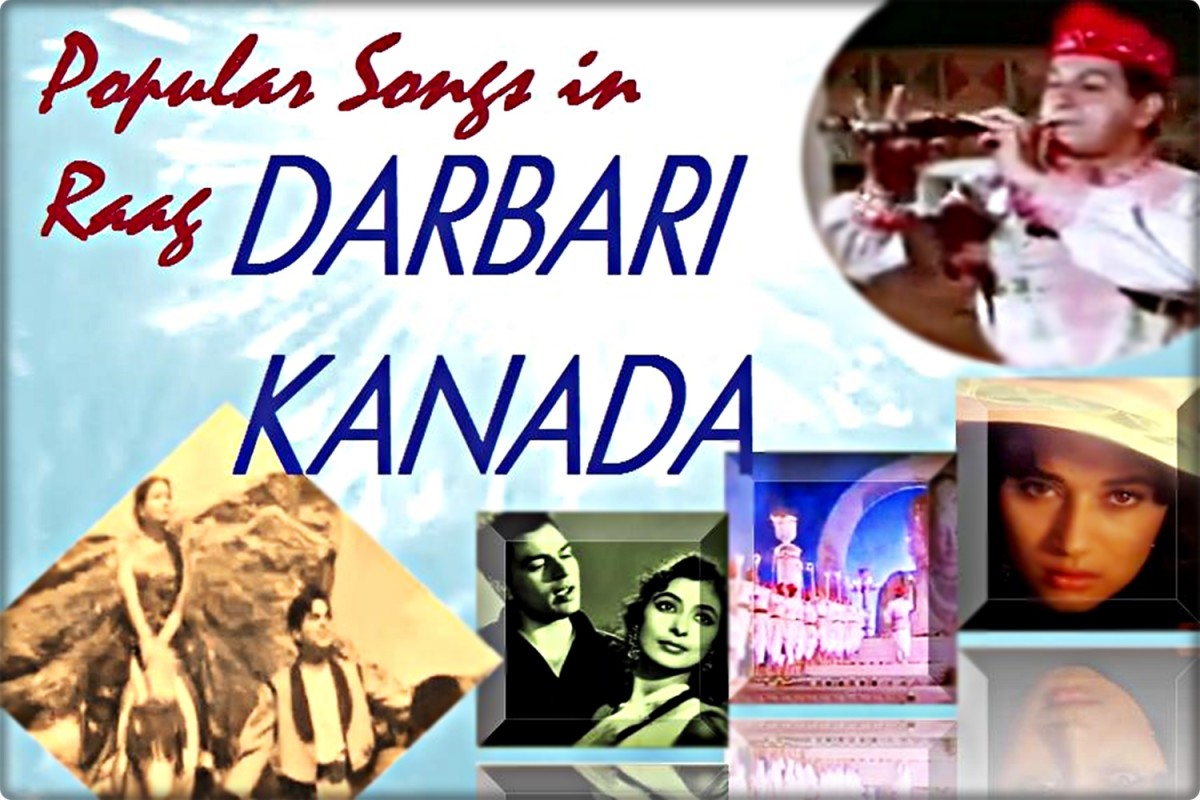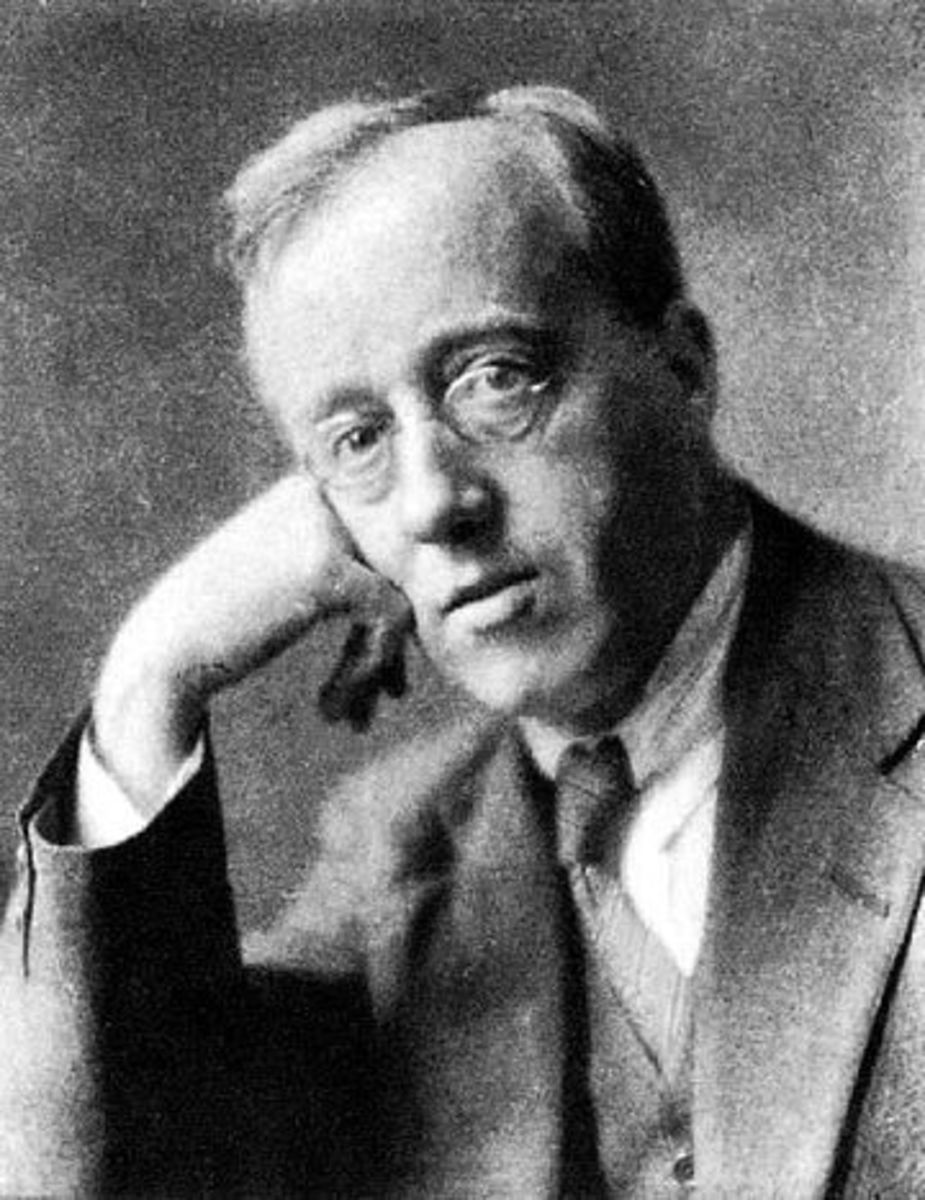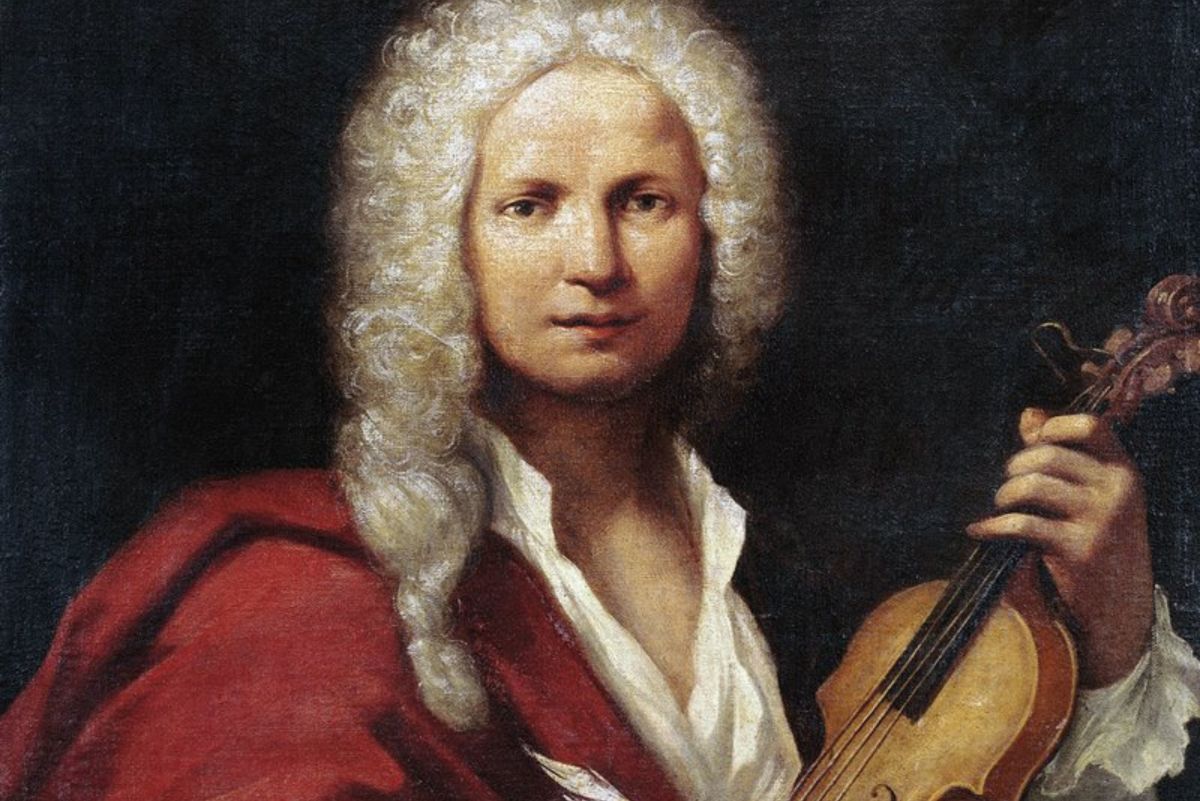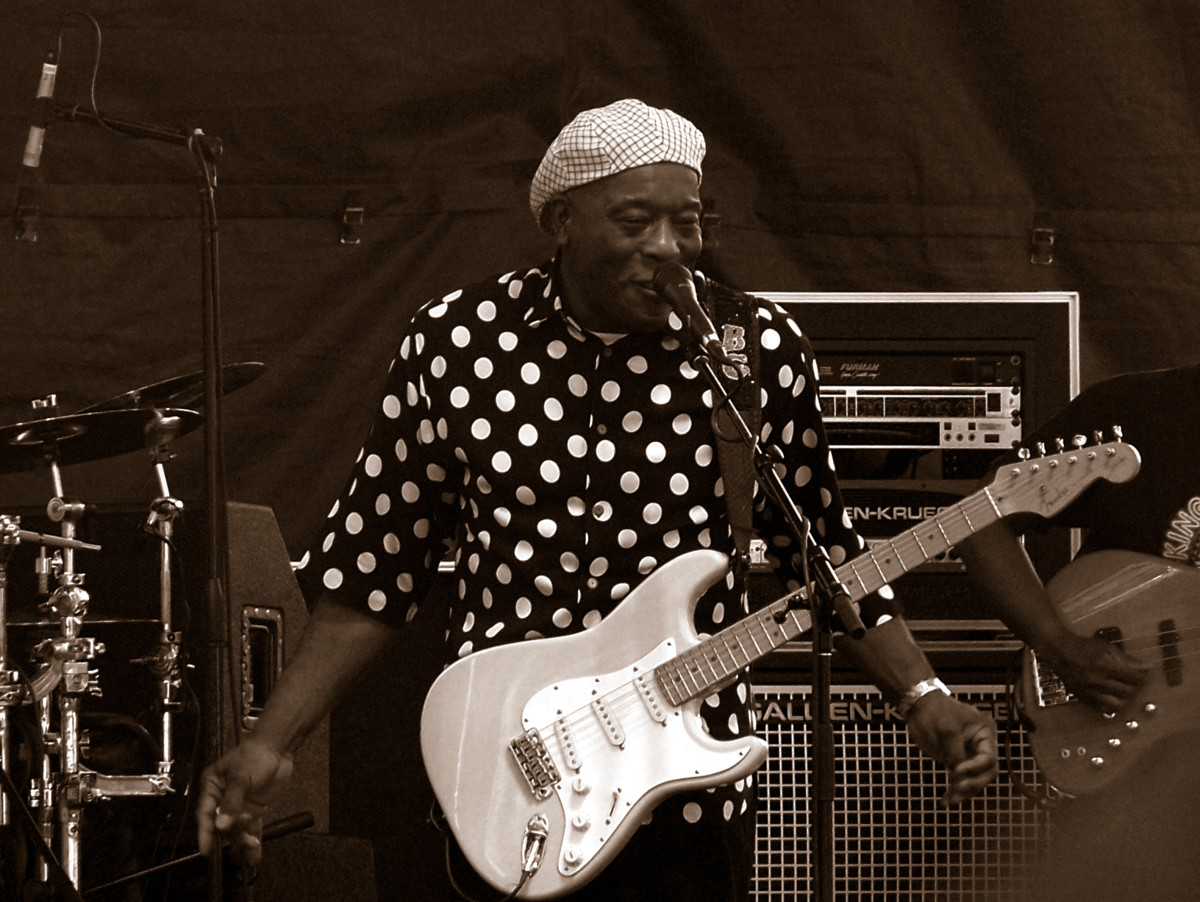"Music Composers - Say Goodbye To Writer's Block!"

"Ask any 'ole player you know, all he needs is rating. ..."
... Sly Stone
Teaching you to compose music is akin to explaining the anatomy of a golf swing. Every teacher and every golfer develop individual methodology throughout their careers, and though they approach the game differently, all enjoy some degree of success.
For example, every PGA golfer:
- Has a unique swing
- Has an individualistic mindset toward the game
- Is blessed with some natural talent
- Is constantly looking for ways to improve
- Stays current with technology
The art of composing music requires you, the composer, to possess all of the above-listed characteristics for success.
I will explain how I compose music and hopefully you can benefit from my 30+ years of music composition. Use what works; discard the tips that don't. Every composer, as all golfers, share only one common goal: To be the very best. The roads they maneuver to achieve this goal wind and curve in a ton of different directions. You, Mr. or Ms. Composer, must develop your personal roadmap.
Music Theory
In order to compose GOOD music, you must know music theory.
I'm not requiring you to acquire skills necessary to analyze a Fugue, but you should be able to know and explain:
- Notes in a scale
- Key signatures
- Time signatures
- Chords and chord inversions
- The meaning of "swing" vs. straight timing
- Tempo knowledge in BPM (Beats Per Minute)
- Chord progressions
If these 7 basic music theory items threw you, then I urge you to study each and every one as this list represents building blocks for composing music.
The Chicken or the Egg?
Whether you need lyrics first, or you compose music as your first step is irrelevant.
If you compose instrumental music, you should, at the very least, know a title, mood, and a genre. Knowing any or all of these 3 items helps you establish a mental recording of appropriate instrumentation, tempo choice, mood establishment (major or minor key signatures) leading to the finished product.
Peter Gabriel's method is basically the one I use. He invents a drum beat, hits 'record' and plays original piano riffs for 2 hours or more. He then listens back, and cuts/pastes the winning combinations. This is how he wrote the mega hit, "Sledgehammer."
Music-first works for Peter Gabriel, but lyrics up front is the method Burt Bacharach normally prefers.
The method you choose is not important. We composers are right brain thinkers and creativity is the shared trait we all call upon to compose good music.
Stuck in Neutral?
On occasion, we composers experience a phenomenon called 'writer's block'. Try as we may, the lyrics and/or the music just won't happen. Following are a few tips to help you break this vicious creativity killer:
- Leave it alone - If you've found a good foundation for a new song but find yourself stuck in neutral, totally forget about working on it for a solid week. This allows your subconscious mind to percolate and reveal fresh ideas when you return.
- Listen to a totally different music genre - Say you are writing a rock song and you need an idea for a unique chord change. Listen to a symphony strictly for enjoyment. Don't allow yourself to be caught up in trying to analyze the symphony's fine details; simply listen and enjoy.
- Do something else - Go bowling. Take a 5 mile hike. Go to the gym. By participating in these activities, you will discover that your mind is completely preoccupied and caught up in the moment. This allows your mind to work on the song with no conscious interference from idea-stifling, left brain activity.
- Find another creative outlet - You are a creative person! Begin writing that book you've always wanted to pen. Write in a journal. If you are a keyboard player, take guitar lessons. Possibilities here are limited only by your imagination.
- Attend a concert - This writer's block-busting idea may be the best of the lot. A good concert uplifts and inspires, and right now, you need inspiration in the worst way.

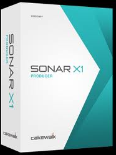
Use Technology
Digital Audio Workstations (DAWs), virtual instruments, MIDI and a good and fast computer will make your work so much easier as you compose music.
I use 2 different DAWs.
- Sonar Producer X1 Expanded
- Reason 6
Both software programs are excellent and I make use of both software programs on every new songwriting project. Both boast an amazing number of different sound banks featuring virtual instruments and processing.
I love Reason 6's new SSL compressor. The new addition gives true analog sound to sterile digital sound while preserving transparency. Reason, for whatever reason (pun intended), "looks" better to my eye and the learning curve is short and very intuitive.
I use Sonar Producer when I want realism in my instrumentation. Available plug-ins for Producer mimic real world instruments amazingly well.
If I want to use both programs simultaneously, I begin with Sonar Producer, then hook up with Reason through a technology called ReWire. Unfortunately, using ReWire brings computer RAM and processor speed into major play. Unless your computer is big and bad, forget about ReWire and find a way to work through and around your double dip working idea.
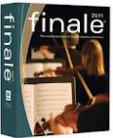
Notation Software
With no reservations, I highly recommend using a notation software program like Finale when you begin to compose music. A word of warning: Finale is a VERY difficult program to master. However, there is good news!
If you simply want to notate your music, record your idea in Reason, Sonar or your particular DAW, as a MIDI file. Then export the file to Finale. Finale will accurately transcribe the MIDI information, giving you a professional, sheet music look for your song.
Why is this a good idea?
If you compose music like Peter Gabriel and me, you will forget notes played, chord inversions used, syncopations and every other nuance you played into your DAW. Finale archives your 'keepers' in sheet music fashion, giving you the road map for getting to your final destination . . . a great song!


